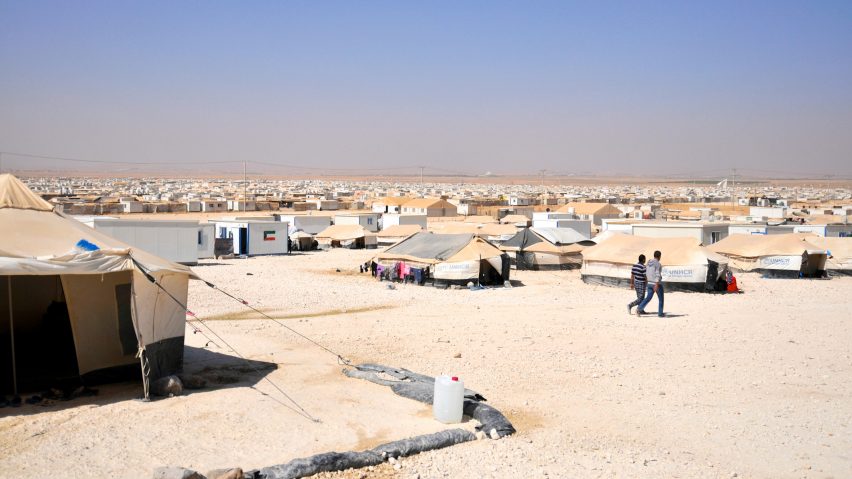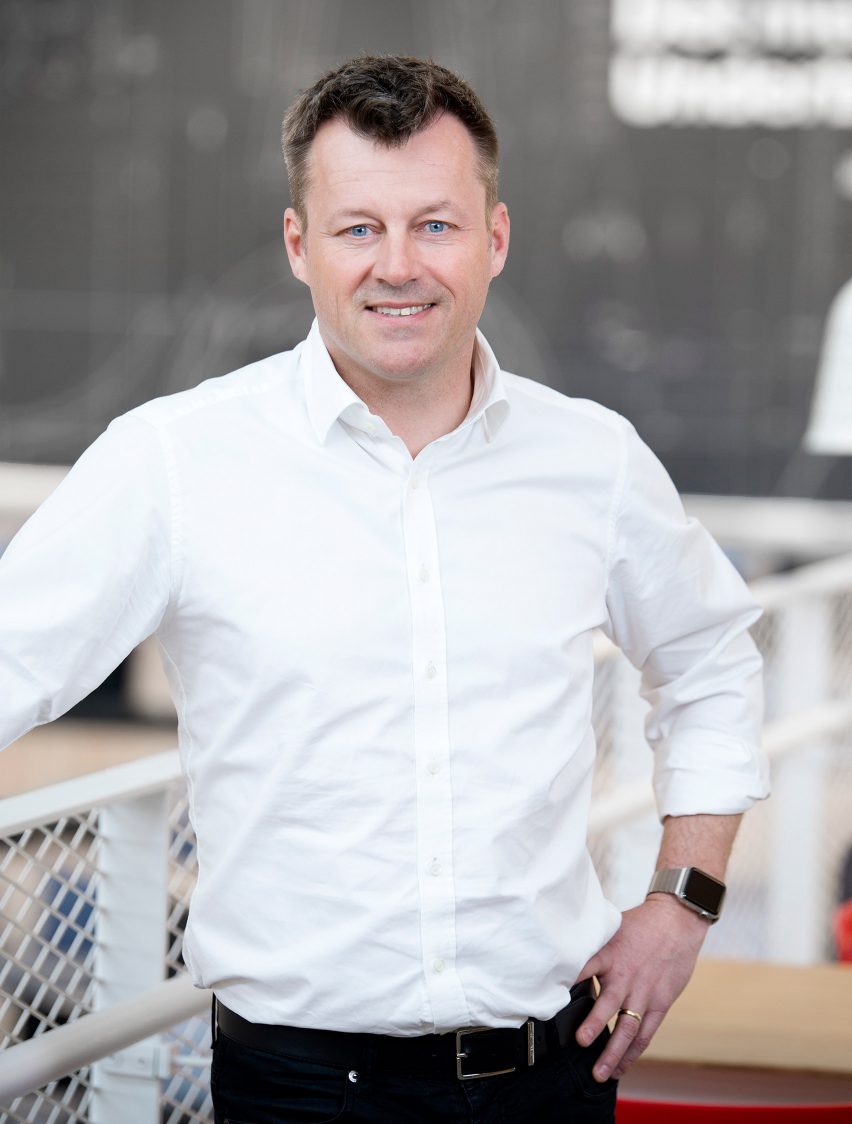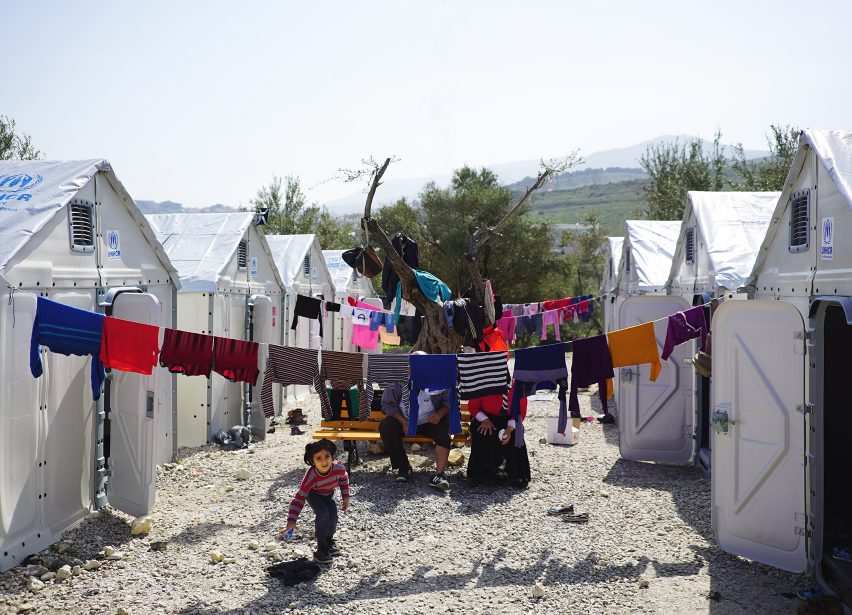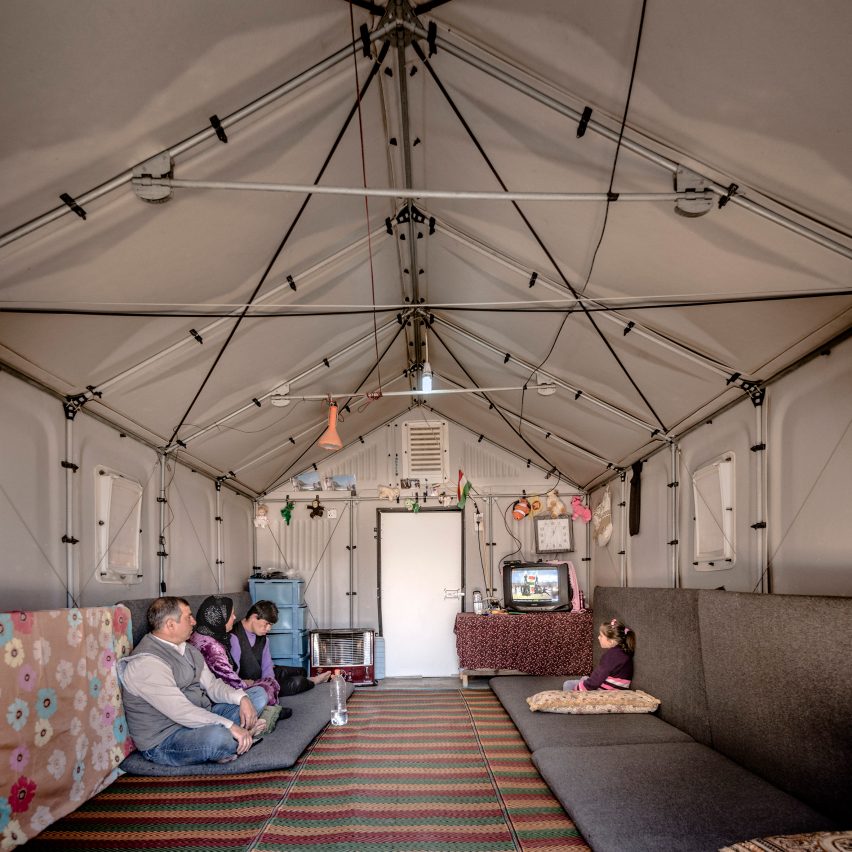
IKEA aims to take 200,000 people out of poverty in massive social sustainability drive
IKEA is to employ refugees at production centres in Jordan this summer as part of a long-term plan to create employment for 200,000 disadvantaged people around the world through social entrepreneurship programmes.
The centres in Jordan, which should be operational by August, will employ a mixture of Syrian refugees and Jordanians in the production of woven products including rugs, cushions and bedspreads.
IKEA will build and equip the production centres, in which skilled craftspeople will work on handmade items.
The Swedish furniture giant is partnering with Jordan River Foundation, a non-governmental organisation established by Jordan's Queen Rania, which will manage the facilities and employ 100 people to start with, rising to 400 people within two years. Half will be refugees and half local workers.
The project follows a range of similar social entrepreneur-led projects in disadvantaged communities around the world, which already employ 2,000 people. Initiatives already up and running include projects with female entrepreneurs in India and a programme employing immigrant women in Sweden.

The move is part of an ambitious plan by IKEA, which directly or indirectly employs around a million people, to eventually employ an additional 200,000 people through dozens of similar initiatives around the world.
"Two-hundred thousand is our long-term ambition," said Jesper Brodin, IKEA's head of range and supply. "It may take 10-15 years. We want these people to be our future suppliers."
IKEA will work with social entrepreneurs – organisations that use business techniques to tackle social problems, as opposed to aid-based approaches – which will provide employment while ensuring standards for both working conditions and production quality are met.
This route allows organisations that are too small to meet IKEA's strict supplier guidelines to become part of its value chain.
"We offer a business model, learning opportunities, simple skills around how to plan production and set yourself up for export," said Brodin. "Those things are part of the package."
IKEA will send a team of designers to Jordan in the next few weeks to define the types of products that could be produced.

Speaking to Dezeen at the IKEA Festival in Milan earlier this month, Brodin added: "It's about using local techniques and knowledge, not to necessarily create traditional handicraft, but try to create new expressions based on their skills and traditions so we can leave them with pride but also an opportunity to begin their own business. This has just started."
He added: "We know we're going to do woven things, and we're going to do things which have handcrafted elements, because those are the crafts that these people possess. They have no money, no machines, no means, but they have the skills.
"What we'll probably do is bring in some simple machines and set them up, and then find a way where they're not IKEA owned, but where the social entrepreneurs can make it happen. We will just instigate it and accelerate it."
The centres will be located in and around Amman in northern Jordan, close to refugee camps strung along the border with Syria, from where an estimated 1.3 million refugees have poured since the start of Syria's civil war in 2011.
"It's important that it's not only geared towards the refugees," Brodin explained. "We're also making sure that this benefits the Jordan population as well."
The products will be launched at IKEA's store in Jordan's capital Amman before being rolled out to stores around the world.
IKEA is becoming increasingly active in the humanitarian sector, establishing the IKEA Foundation to help children in poor communities and creating a refugee shelter that won the Designs of the Year award this year.
Brodin said that large corporations had a responsibility to be active in helping to address the problems the world faces.
"If you want to change the world, you have to be able to scale ideas. If you want to scale ideas to create good, you need to have the big companies with you. I think today there is a broad understanding that that needs to happen."
He added: "Jordan doesn't make any sense from a financial perspective, at least not in the short term, but it's part of resolving something."

The initiative is inspired by the late Hans Rosling, a demographics expert who advised IKEA on its social and environmental strategies.
"We do good with the jobs we provide and we help people in need with the IKEA Foundation," Brodin said. "But there is a gap that he identified, which is kind of interesting. And that's how we not only help refugees and other people with severe needs, but how can we actually accelerate them into society?"
Brodin said that the culture within IKEA has changed dramatically over the last few years as the giant company – which has annual revenues of almost €30 billion (£25.5 billion) – moves away from the cautious approach of Ingvar Kamprad, who founded the company in 1947 and stepped down from the board in 2013 at the age of 87. The move has been described as a "generational shift".
"He was a master of innovation, and I think maybe IKEA was a bit dependant on his leadership and innovation," Brodin said.
"From a leadership perspective it's a matter of shifting a little bit from an IKEA where we wanted to be sure and wanted to know the answers. So we had kill switches all over; we were very good at killing ideas. And we said we would take that away and create a structure where we have more confidence to try things."

IKEA set out its vision for social and environmental sustainability in its 2012 People and Planet Positive report, in which it committed to "transformational change", stating: "We are committed to having a positive impact on people and planet".
Its latest annual sustainability report sets out progress in 2016, including eliminating the use of expanded polystyrene in product packaging and having 48 per cent of management positions occupied by women, compared to its target of 50 per cent by 2020. In 2016 in the UK and Ireland it reduced waste sent to landfill to zero.
IKEA revealed earlier this year that it was moving away from fiddly self-assembly methods involving multiple fixings and instead developing a new type of universal snap-together joint called a wedge dowel, allowing customers to clip furniture together in minutes as well as reducing waste.
IKEA was the highest-placed brand in last year's Dezeen Hot List, finishing above companies including Apple, Nike, Google and Vitra.
Update 19/04/17: IKEA has pointed out that the production centres will not be located in refugee camps as initially suggested and has provided the following clarification:
"As we have a long term partnership with the social enterprise Jordan River Foundation, the production will be where they already have facilities/centres. These are based in Amman city and the outskirts of Amman. Both local Jordanian women and refugees will be working with the production of this collection.
"Important to remember is that most of these refugees, nearly 75%, live outside of the actual refugee camps. That's where the biggest pressure on basic amenities are and where we have decided to focus together with Jordan River Foundation. The setup is still under progress but the working routines will be flexible, meaning they will both go to work in the centres, and in some cases work from home e.g. [producing] embroidery."